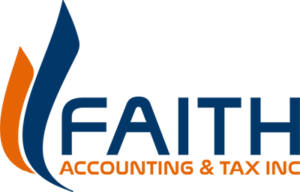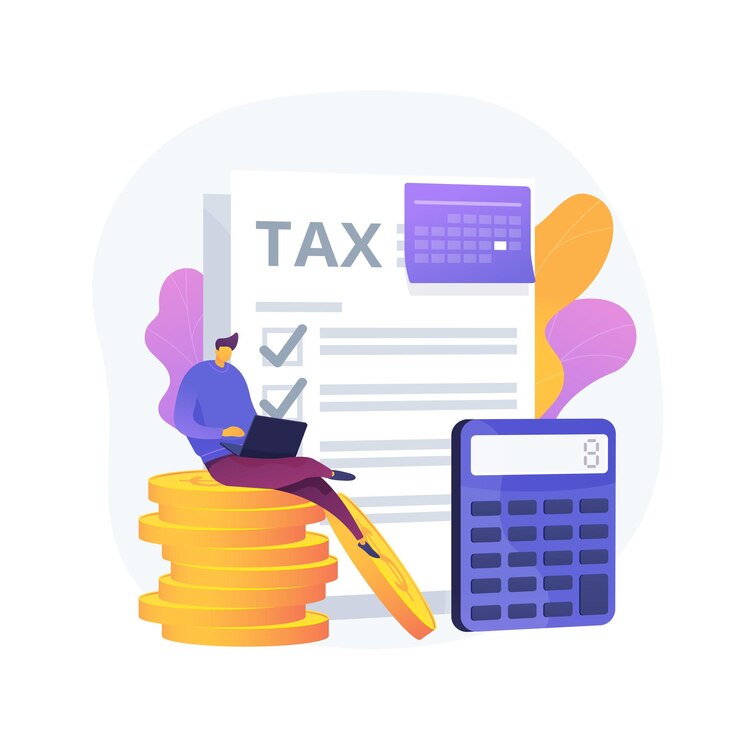Corporate tax preparation is one of the prominent parts of the complicated design of financial issues that determine how businesses work. Though it is a very important concept, often, many people fail to obtain a clear understanding.
What is Corporate Tax?
Essentially, corporate tax is by the governmental authorities on profits which they earn by corporations. Corporate tax preparation, which is unlike individual income tax that applies to personal earnings, targets the profits made by businesses. Moreover, the goal is to support government initiatives and services by contributing to public funds.
For corporate entities, the tax is not a flat percentage but depends on profits. Similarly, this implies that the more money a company earns, the higher corporate taxes it has to pay. Furthermore, the rate varies from one jurisdiction to another and is put through legislative alterations.
How Does it Work?
Corporate tax can only be understood if one understands what is meant by taxable income. Similarly, taxable income, in simple terms, refers to the portion of a corporation’s earnings that can be taxed. It works by subtracting the permissible deductions from the total revenue earned. Furthermore, these deductions may be operating expenses, depreciation, or any other legitimate business cost.
Taxable income is then submitted to the corporate tax based on the appropriate tax rate. This procedure guarantees that businesses make an equitable contribution of their earnings to the state. Thus, allowing public good and economic balance.
What Are the Corporate Tax Preparation Steps?
Accurate Financial Recordkeeping
Accurate financial records form the basis for corporate tax preparation. Firms need to do careful recording of income, costs, and all financial activities. The fact that this detailed recordkeeping not only ensures legal compliance with tax regulations but also gives a full picture of the company’s financial health.
Identification of Deductible Expenses
To cut down the taxable income, corporations should identify and use deductible expenses wherever possible. Therefore, this encompasses real business costs, including salaries, rents, utilities, and depreciation. These expenses should be analyzed and their tax implications appreciated so that they can have a great effect on the final tax liability.
Depreciation Calculations
It is common for corporations to invest in assets like machinery, equipment, and property. Furthermore, these assets are an important part of corporate tax calculation through depreciation. Knowing the appropriate depreciation methods and correctly calculating assets’ value once they are written off can help maximize tax outcomes.
Compliance with Tax Regulations
Corporations need to keep up with changing tax laws. Therefore, tax laws are amendable, and violations can attract penalties. Regular audits and compliance checks ensure that businesses conform with the current tax requirements, thereby protecting them from legal consequences.
Seek Professional Assistance
Preparing for corporate taxes could be very complicated, and professional help can sometimes prove to be valuable. Tax experts have the knowledge to navigate through complicated tax codes, locate optimization opportunities, and maintain conformity. Working with professionals helps corporations make informed decisions and improve the accuracy of their tax filings.
If you are looking for corporate tax preparation assistance, call Faith Accounting and Tax (587) 708-9514






